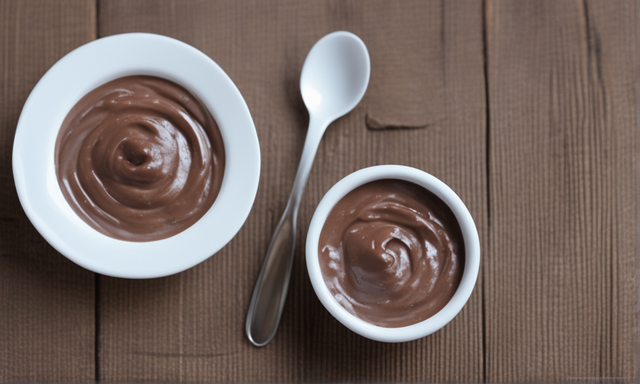
“Do you have a bit of a bigger belly?” my girlfriend asked curiously when she caught me half-naked on my way out of the bathroom. “How much do you weigh?” she fired off immediately. When I took a step onto the scale, I thought it might be around 120 kilograms. The scale disagreed and showed 122.7. “Hmm. Over one twenty, but under one thirty. That's good, right?” I asked myself. That was at the beginning of December. However, as Christmas approached, so did the festive feasts and television. When I returned home just before New Year's Eve from a visit to my parents, the scale announced an extra kilo and a half. “I should start losing weight,” I thought. Frustrated by previous unsuccessful attempts, I had no motivation to start January 1st by munching on salads and suffering from hunger. I knew I would abandon that plan at the first opportunity.

Right before the end of the year, my girlfriend and I recommended something to read to each other. While she received a suggestion from me for a book on minimalism, hoping the idea of decluttering would inspire her, I received a tip for an ebook titled “Simpl.” “It was written by a trainer I know. Read it,” she said convincingly. The book was only a few pages long and could be finished in a couple of hours, but it contained what I needed.
I don't want to follow a diet and then gain the weight back. I don't want to start going to the gym, build muscle, and then lose it again. And I certainly don't plan to eat salads or cook dry rice with chicken every day. Instead, I want to work towards a sustainable long-term lifestyle. It's clear that if I go to a celebration three times a year, I'll have three beers, a hamburger, and some chips. What matters is the other 362 days of the year. Just as I won't lose weight if I go to the gym three times a year, I won't gain weight if I celebrate something properly three times a year.
I started approaching food as energy. Whatever energy goes into the body, the body must burn. What it doesn't use, it stores. My body has been storing for the last thirty years. Now I need to start emptying those stores and burn all the accumulated energy. The goal is to achieve a long-term caloric deficit. According to some internet calculation that I can no longer find, I should consume 8,866 KJ - 10,908 KJ every day.
The ideal tool for tracking both incoming and outgoing energy is calorie tables. The thought of having to write down every meal I eat every day for the rest of my life terrified me. I kept it up for exactly three days. It doesn't matter; those are still relevant data to work with. I discovered three pieces of information that will help me in my efforts. I indulge in sweets every day, consistently exceed my daily caloric limit, and yet I have a daily deficiency in protein intake.
In my experiment with my own body, I decided to utilize the advantages I have. Fortunately, I don't like alcohol and can do without it. So, there's no problem with restricting the intake of these types of empty calories. The first change I made was in what I eat for breakfast. I used to have something sweet in the morning, and I didn't really want to change that. If I didn't have breakfast at home, I would buy Fornetti or fresh pastries on my way to work. I don't mind eating the same or similar foods if I enjoy them. I started having low-fat cottage cheese with honey and a drop of milk every morning. Occasionally, I replace cocoa powder with vanilla sugar, jam, or overripe bananas. This satisfied my sweet tooth and added more protein to my diet.
Unfortunately, I still couldn't meet the recommended daily protein intake most of the time. I had to decide whether to start regularly preparing meat or another source of protein at home or opt for a substitute. I don't want to revolve my life around food and cooking. I'm not very skilled at cooking, and I'm also quite lazy. So, I bought flavored whey protein, which gives me terrible breath. I don't drink it every day, but I have it ready at work and at home in case I get hungry.
So, what's the main change so far? I see it primarily in my approach to food. I'm trying to turn my unbalanced eating into balanced eating, make mindless eating mindful, and address hunger with wholesome meals rather than chocolate. However, it shouldn't come at the cost of becoming obsessed with food and neglecting everything else. I don't want to worry about planning my groceries for the whole week or what I'll have for dinner the day after tomorrow.
I don't want to change everything all at once. I haven't touched my lunches at all and eat whatever I feel like. Dinners are similar. I only watch for the presence of vegetables and try not to eat less than three hours before bedtime. But I'm aware of my weaknesses. I've forbidden myself from buying sweets, chips, and sugary drinks at home. Of course, we still have these things at home. However, definitely in smaller quantities than before. It also helped that we placed our “unhealthy section” in an opaque paper bag that sits on the top shelf of the bookshelf. It's out of sight, and what I don't see, I won't eat.